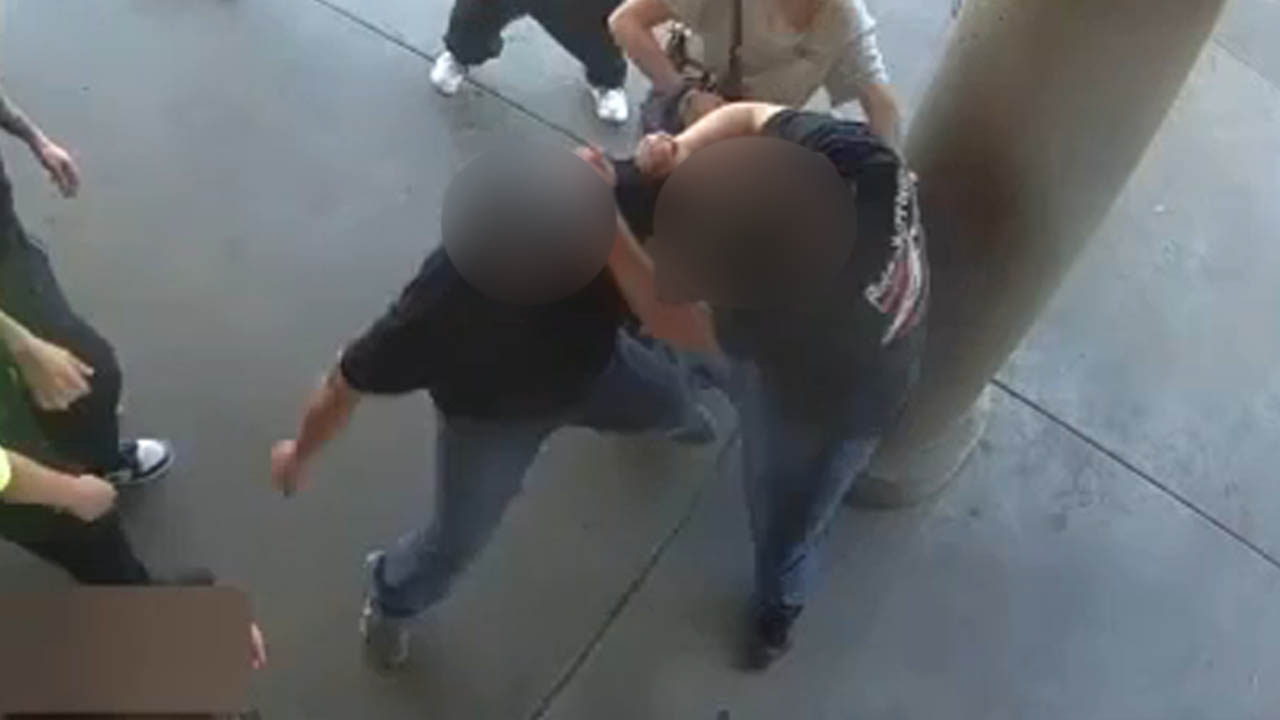What to know about the Electoral College, faithless electors and what comes next after 2020 election

WASHINGTON -- Believe it or not, the election that felt like it was never going to end still hasn't actually ended.
A few things still need to happen between November 3 and January 20. Mainly, the Electoral College needs to formally pick the president.
The process has a long history of going rather smoothly, however, so we aren't expecting too many bumps in the road. But there's at least one unknown variable that could come into play: faithless electors.
Electors in the Electoral College are chosen by each party and typically are party insiders who can be trusted to vote for their candidate. In this case, it's Joe Biden for the Democrats and Donald Trump for the Republicans.
SEE ALSO: Timeline of what happens between now and Inauguration Day 2021

"Officially they are loyal to a candidate but we found out over the years that sometimes an elector gets in there and does something else," explains Rick Klein, ABC News' political director.
In 21 states, electors aren't legally required to support that person. So technically speaking, they can pick anyone they want, whoever they think is most fit to be president.
The other 29 states, which do require electors to follow their state's vote, impose fines and other punishments to keep electors in line.
But how much of an X-factor are faithless electors in reality? The short answer: They're not.
"The issue of rogue electors always comes up. Almost every election there's at least one that decides they're going to take a symbolic vote for the other side," says Klein. "It's never really mattered in the final vote."
So what about a scenario where some of the 538 electors split off and there's no clear winner?
If no candidate receives 270 electors' votes, the decision gets kicked to the House of Representatives, where each state's delegation gets one vote. The Senate gets to pick the vice president. (Yes, that means technically the House and Senate could pick candidates from two different parties.)
But just so you know, faithless electors are pretty rare. According to the National Archives, 99% of electors throughout U.S. history have voted for the candidate who won their state's popular vote.










